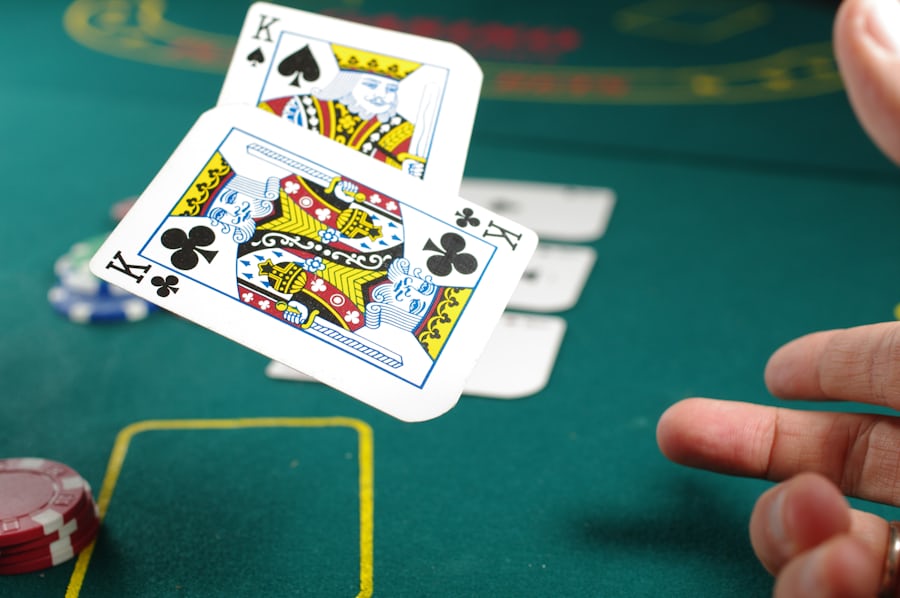Poker is a game of strategy more than chance – it’s about much more than just the luck of the draw. Poker tests your intelligence, plan development, and psychological skills. But is it IQ that brings a win? Or is poker a skill that can be learned?
Up Your Game with Mathematical Skills
Poker is often referred to as a “mathematical game”, and for good reason. Those who can count and do math have a definite advantage when playing poker. If you can calculate pot odds, it will help you assess whether it’s worth making a bet based on the size of the pot and the likelihood of you completing your drawing hand. But you also need to consider the expected value. This determines the long-term average outcome of a particular decision in poker.
Analyzing whether a move is profitable in the long run can drastically improve your chances of success. Not making an analysis can have serious consequences. For a good analysis, knowing the odds and probabilities of each hand is not enough. You also need to be able to assess the situation as a whole. Many of the poker sites at pokerscout.com offer tools and guides that can help you analyze a game and learn how to make the calculations.
Psychological Intelligence at Play: Read Your Opponents
One of the most important skills a poker player can have is the ability to read their opponents. Conversely, this also means your chances are better if you keep a good poker face and your opponents cannot read you. If you break into a sweat easily or give away your tactics through gestures and facial expressions such as frowning or wringing your hands, your chances of a good game are low. However, savvy players can also use such tactics to mislead opponents.
Keyword: behavioral psychology. Poker is about recognizing behavioral patterns and using them cleverly to manipulate and deceive opponents. An experienced player knows when to bluff when to play aggressively, and when to hold back. Tactics must be constantly adapted depending on how opponents react. You also need to show strength in dealing with your emotions at the table. It’s easy to get frustrated or overwrought, especially after a significant loss or a big win. However, the best players maintain their composure no matter the cards and make decisions based on logic, not emotion. So poker requires a bit of brains and not just good cards.
Strategic Thinking and Decision-Making
The appeal of poker is uncertainty. Although you know your cards and those dealt, you have no idea what is in your opponents’ hands. That’s why you can’t just go for it if you want to win. You have to think strategically about your decisions. Should you raise, call, or fold? What are the chances that your opponent has a strong hand?
A deep understanding of poker strategy is essential when making such decisions. This means that you need to be able to assess the strength of your hand about the community cards and predict how the other players will act. Even the best poker players will tell you that poker is all about making the right decision with the information you have. This means taking into account both the known and the unknown.
In poker, you must think strategically and consider several steps in advance. This often requires you to create complicated mental models to predict the probability of specific outcomes. The game of chess is always hyped as an intelligent game. But poker is in no way inferior to chess. You have to foresee the immediate consequences of your decisions and the long-term effects.
Strategic thinking is not necessarily innate but can also be learned. There are many guides out there that use strategic and mathematical examples to explain how to develop a good poker strategy.
Adaptability: Your Key to Success
Adaptability is the be-all and end-all of a good poker game. No two games are the same. You can’t assume it will work in a game with a preset strategy. Your gameplay depends on your opponents and must be constantly adapted. For example, if you are playing against a tight player (someone who only plays strong hands), you have to take a different approach than against a loose player (someone who plays a lot of hands). You need to be alert and ready to adapt your strategy to the opponent, the size of the blinds, and the dynamics at the table.
A smart player knows when to tighten his game or, conversely, when to increase the pressure by bluffing or playing aggressively.
Emotional Intelligence: Control and Perseverance
Emotional intelligence is probably one of the most important poker skills but rarely discussed. A good poker player has the ability to keep calm and not make rash decisions when the game takes unexpected turns.
Long poker sessions can be very tiring. You must be highly focused for long periods and keep your rollercoaster of emotions in check when under pressure. Staying focused and maintaining a positive mindset despite fatigue or frustration is difficult. Making rational decisions on this basis is even more challenging. As a top player, you must train your mind as intensively as your strategies. Meditation, mindfulness, and mental exercises can help you deal with stress.






